//16.4 Youth Watch
by Bimal Mirwani
Countries around the globe are often celebrated for iconic inventions that have made history. Here are a few from 14 countries and regions—some you may recognise but others may surprise you.
Britain
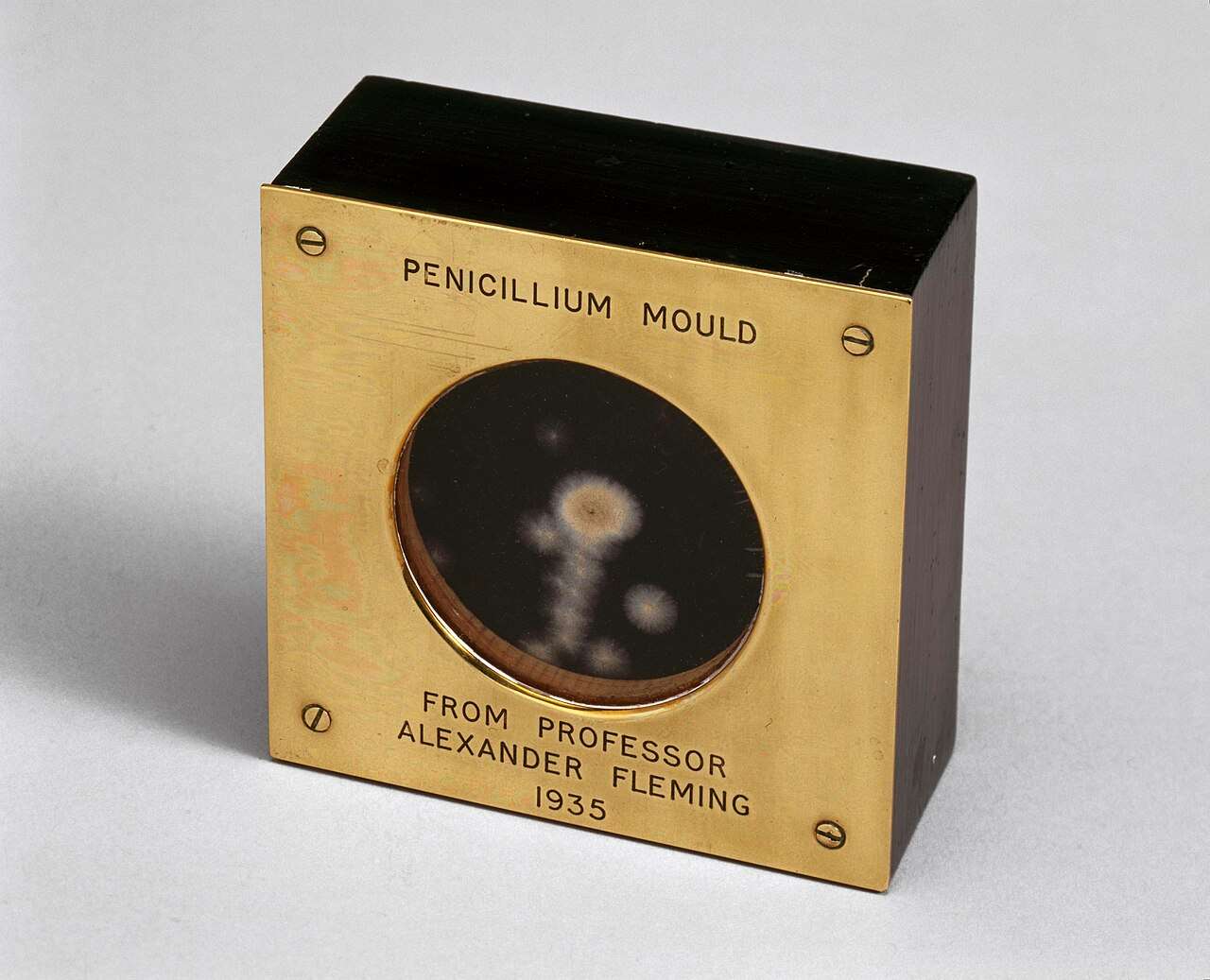
- The telephone – invented by Alexander Graham Bell in 1876, enabled voice communication over long distances. The first text message was sent on a keypad-enabled phone by Neil Papworth on December 3, 1992, reading “Merry Christmas.”
- Penicillin – the world’s first antibiotic, was discovered by Sir Alexander Fleming in 1928 at St. Mary’s Hospital, London. It took over a decade for researchers Howard Florey and Ernst Boris Chain to develop penicillin as a usable drug.
- The steam engine – invented by Thomas Newcomen in 1712 and then heavily improved by James Watt’s patented steam locomotive in 1784. It played a crucial role in the Industrial Revolution.
Italy

- A spritz – is a thirst-quenching, effervescent cocktail, often made with Prosecco, digestive bitters, and soda water. Created in the Venice region in the 1800s, it symbolises a relaxed lifestyle.
- The first working typewriter – was invented by Pellegrino Turri in 1808 to help Countess Carolina Fantoni da Fivizzano write secret love letters.
- The world’s first bank – Banca Monte dei Paschi di Siena was established in 1472 in Siena and is still operational today.
France

- Champagne – a sparkling wine made from Pinot Noir, Pinot Meunier, and Chardonnay grapes, was created accidentally and called “the devil’s wine” due to its explosive nature.
- Michelin Star – a prestigious award in the culinary world, was established by the Michelin tyre company in 1926 to encourage road travel and dining.
- Chanel perfume – was created by Gabrielle “Coco” Chanel, who opened her first millinery shop in Paris in 1910. The iconic Chanel No. 5 perfume was launched in 1922.
Germany
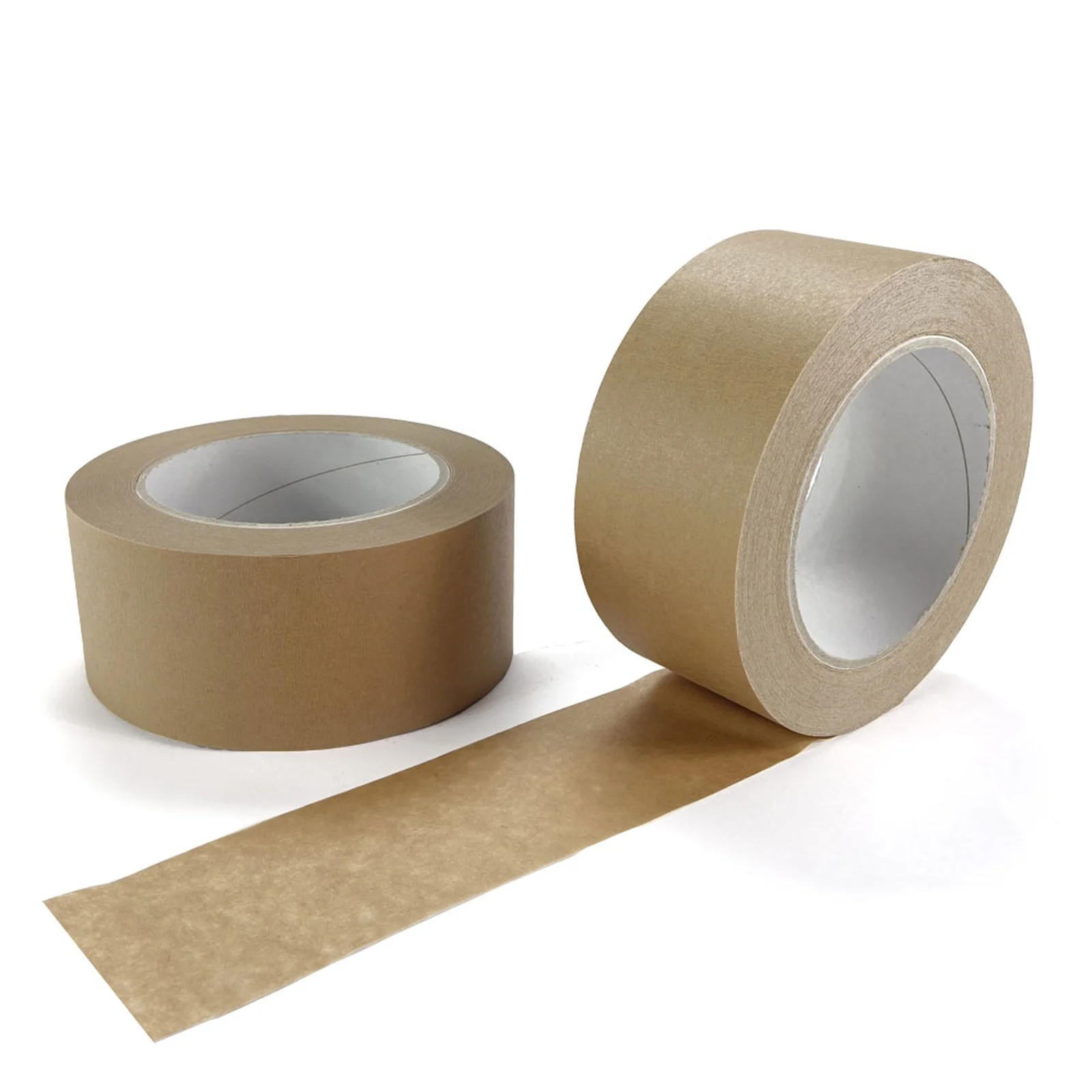
- Adhesive tape was invented by Oscar Troplowitz in Germany in 1896 while he was working for Beiersdorf AG.
- First gasoline-powered automobile – Karl Benz received the first patent for a gas-fuelled car in 1886.
- First modern bicycle – invented by Karl Drais in Germany in 1817, it was known as the “laufmaschine” or “running machine.”
Switzerland
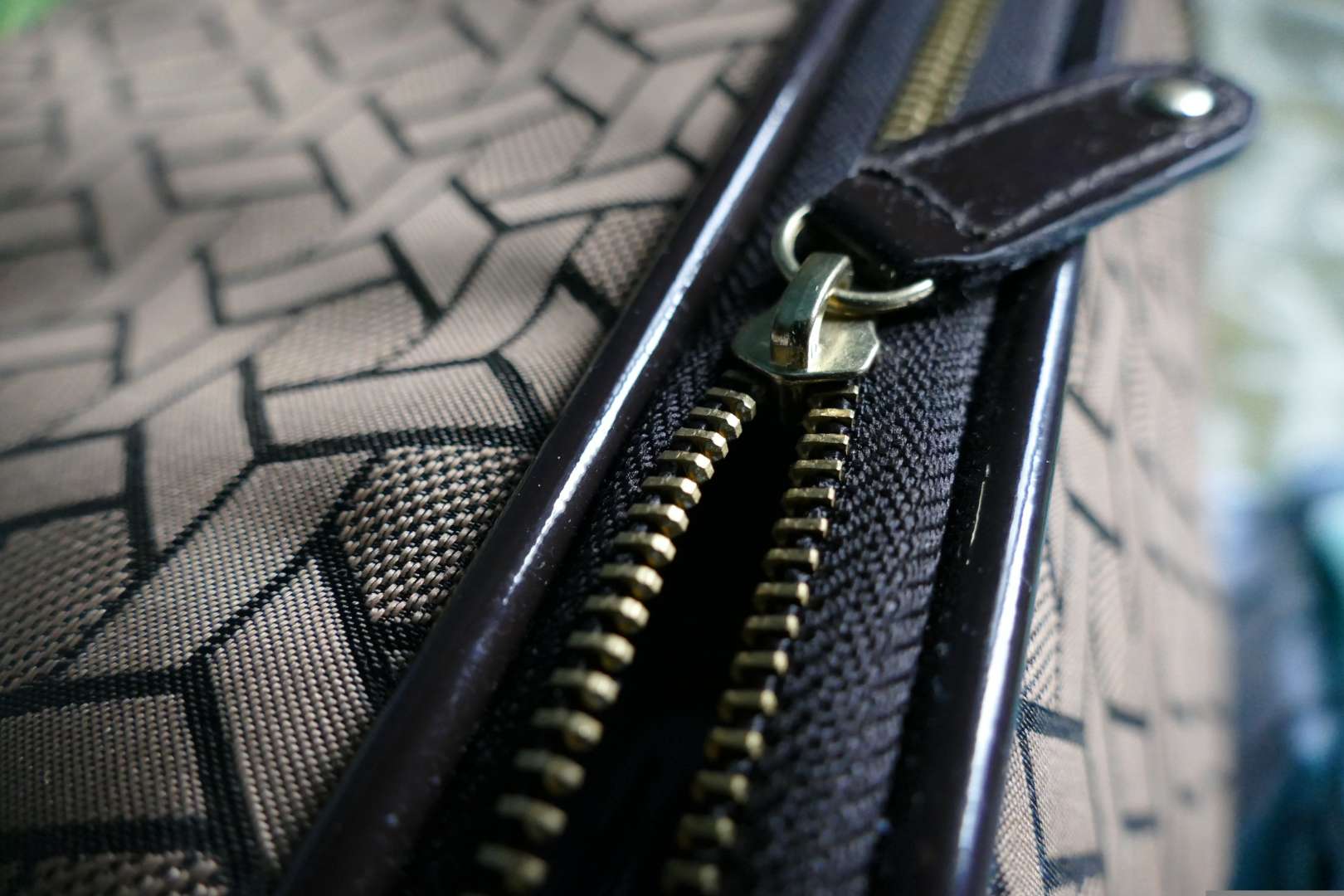
- The world’s first waterproof wristwatch – the Oyster, was invented in Switzerland in 1926 by Rolex founders Hans Wilsdorf and Alfred Davis.
- Zips – were developed significantly by Martin Winterhalter in Switzerland in 1925.
USA

- Colour and sound in film – pioneered in the USA during the early 20th century, significant advancements were made by inventors like Thomas Edison.
- Jazz – was born in the late 19th and early 20th centuries in New Orleans.
- Levi jeans – created in the USA in 1873 when tailor Jacob Davis partnered with Levi Strauss.
Mexico
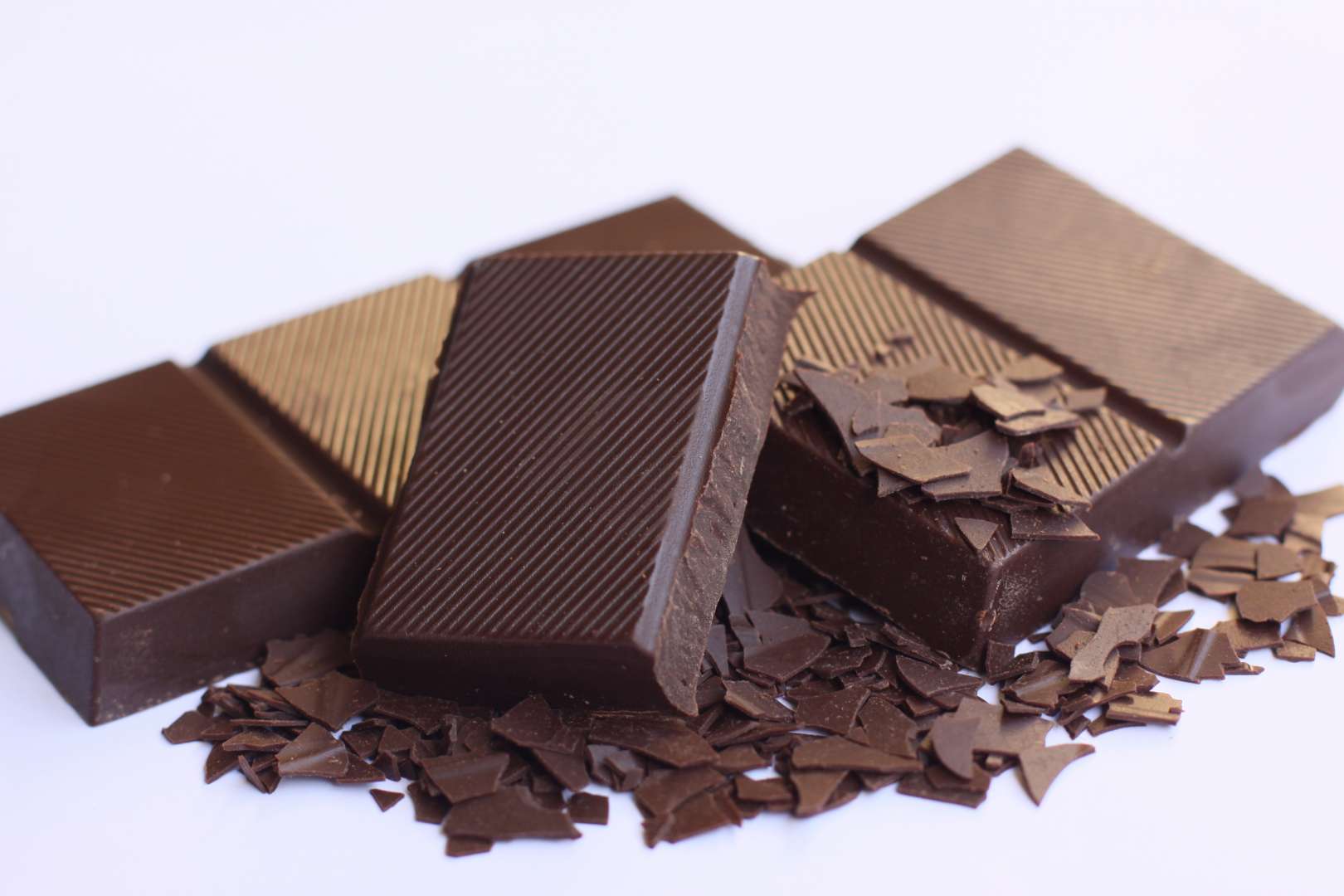
- Chocolate – first developed in ancient Mexico by the Olmecs around 1500 BC.
- Chewing gum – the ancient Mayans extracted sap from the sapodilla tree to create a chewy substance known as chicle.
South Africa

- Medical innovations – the Computed Axial Tomography (CAT) scan was developed by South African physicist Allan Cormack and British engineer Godfrey Hounsfield.
- The dolos – is a concrete structure invented in South Africa in 1963 by Eric Mowbray Merrifield.
Argentina

- Fingerprint identification – developed in 1892 by Argentine police inspector Juan Vucetich.
- Ballpoint pens – were popularised by László (Ladislao) Biró, a Hungarian-Argentine inventor.
- The tango – invented in Argentina in the late 19th century, emerged from the urban folkloric dances of working-class neighbourhoods.
Brazil

- Samba – Both music and dance samba came from Brazil, evolving from the African rhythms and traditions of enslaved people.
- Vanishing spray – invented by Heine Allemagne in 2000, is used in football to temporarily mark distances for free kicks.
India
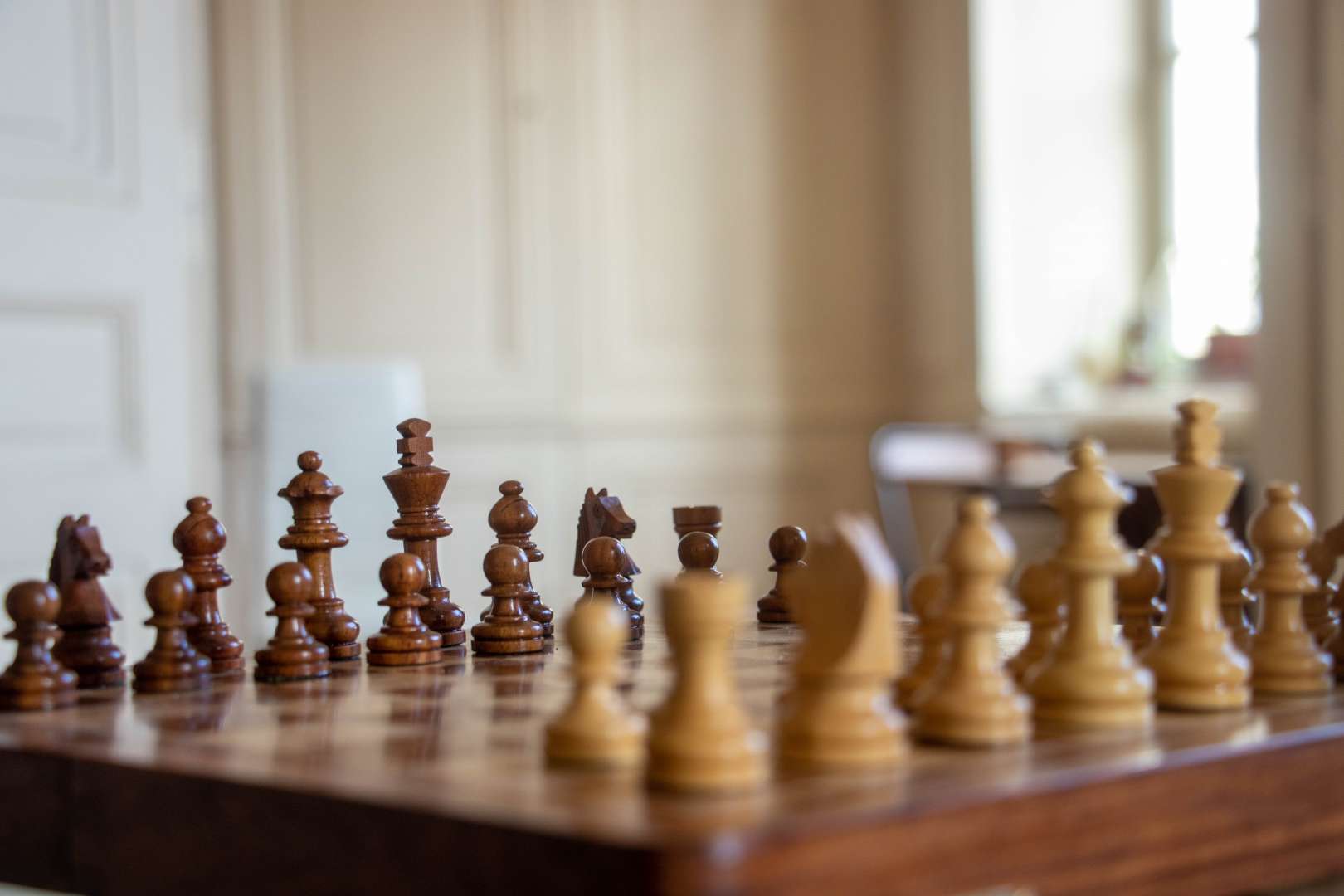
- Chess – one of the world’s most popular board games, originated in India during the Gupta Dynasty in the 6th century.
- Cotton cultivation – India is believed to be the first country to cultivate cotton and weave it into fabric.
Japan
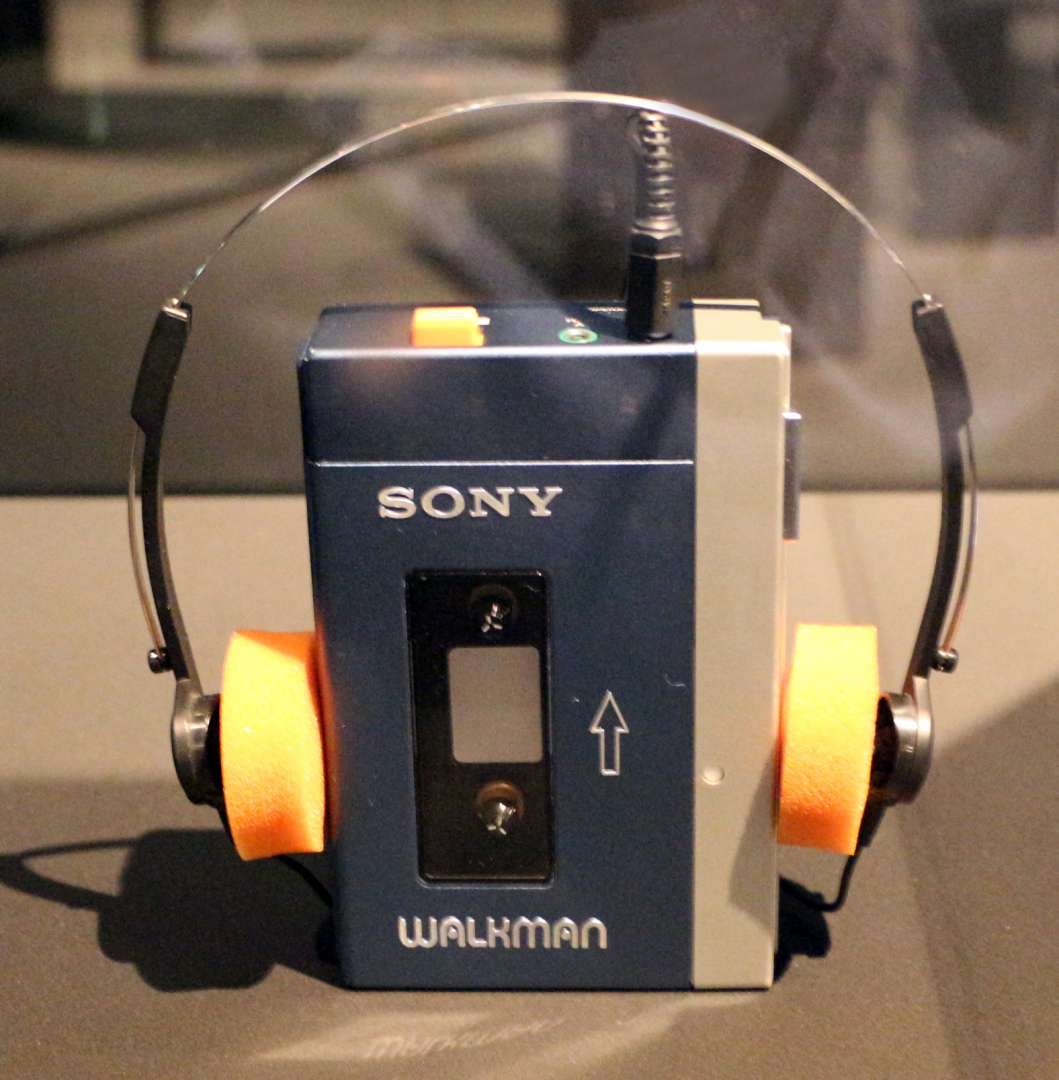
- Sony Walkman – Invented in Japan in 1979, its creation was inspired by co-founder Masaru Ibuka’s desire to listen to opera during long flights.
- Anime – appeared in Japan in the early 20th century, with the first verifiable animations produced around 1917.
- Instant noodles – invented in Japan by Momofuku Ando in 1958, transformed dining habits worldwide by providing a quick and convenient meal option.
Mainland China
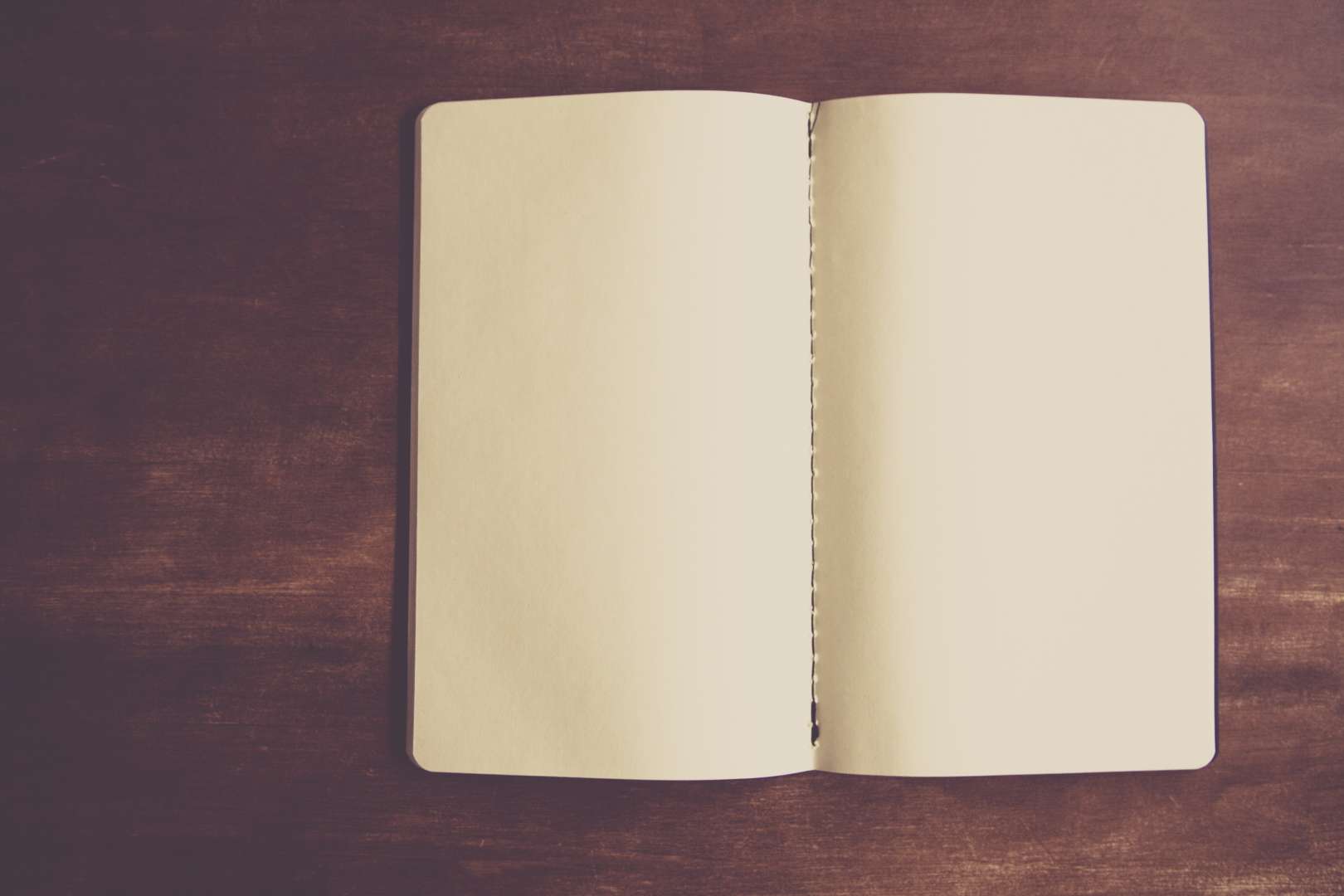
- Paper – Cai Lun, a Chinese eunuch and court official, has traditionally been credited with the invention of paper around 105 AD.
- Porcelain – The earliest porcelain appeared during the Shang Dynasty (1600 BC-1046 BC), but true porcelain was not produced until the Eastern Han Dynasty.
- Gunpowder – Invented in China around 1000 AD by Taoist alchemists experimenting with mixtures in search of an elixir for immortality.
Hong Kong

- Fibre optics – Charles Kuen Kao is renowned as the “father of fibre optic communications” due to his ground-breaking discoveries in the 1960s on the physical properties of glass.
- Yuenyeung – a popular drink invented in Hong Kong, mixes brewed coffee with Hong Kong-style milk tea, creating a unique blend that reflects the city’s rich culinary culture.
- Fridge-to-Go – Invented by Jackson Chan in 2001, this portable icebox eliminates the need for ice. It can be frozen and used to keep food and beverages cold during transportation. ■


